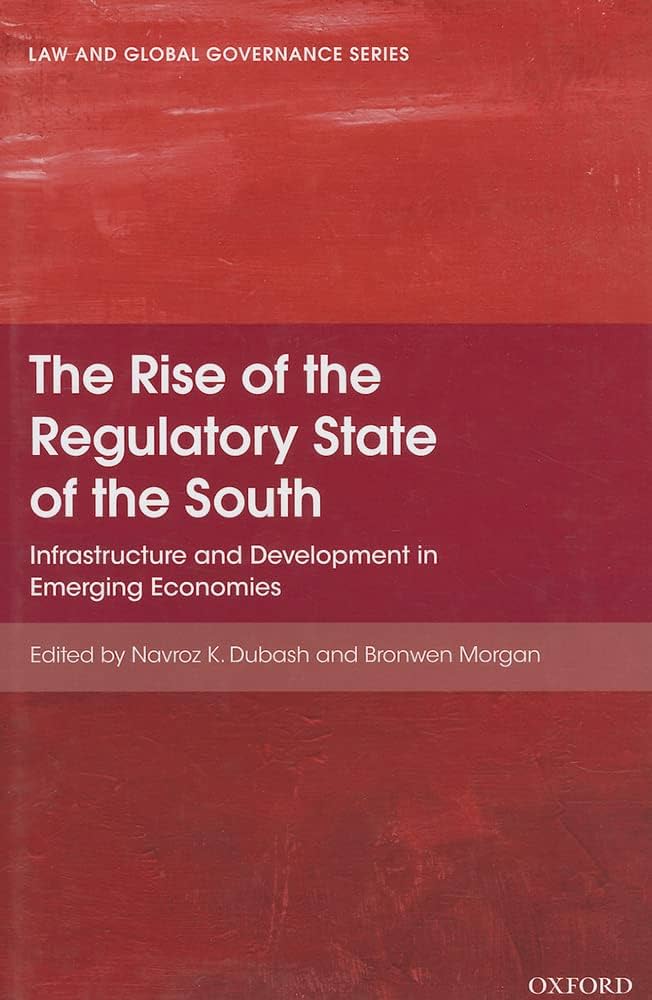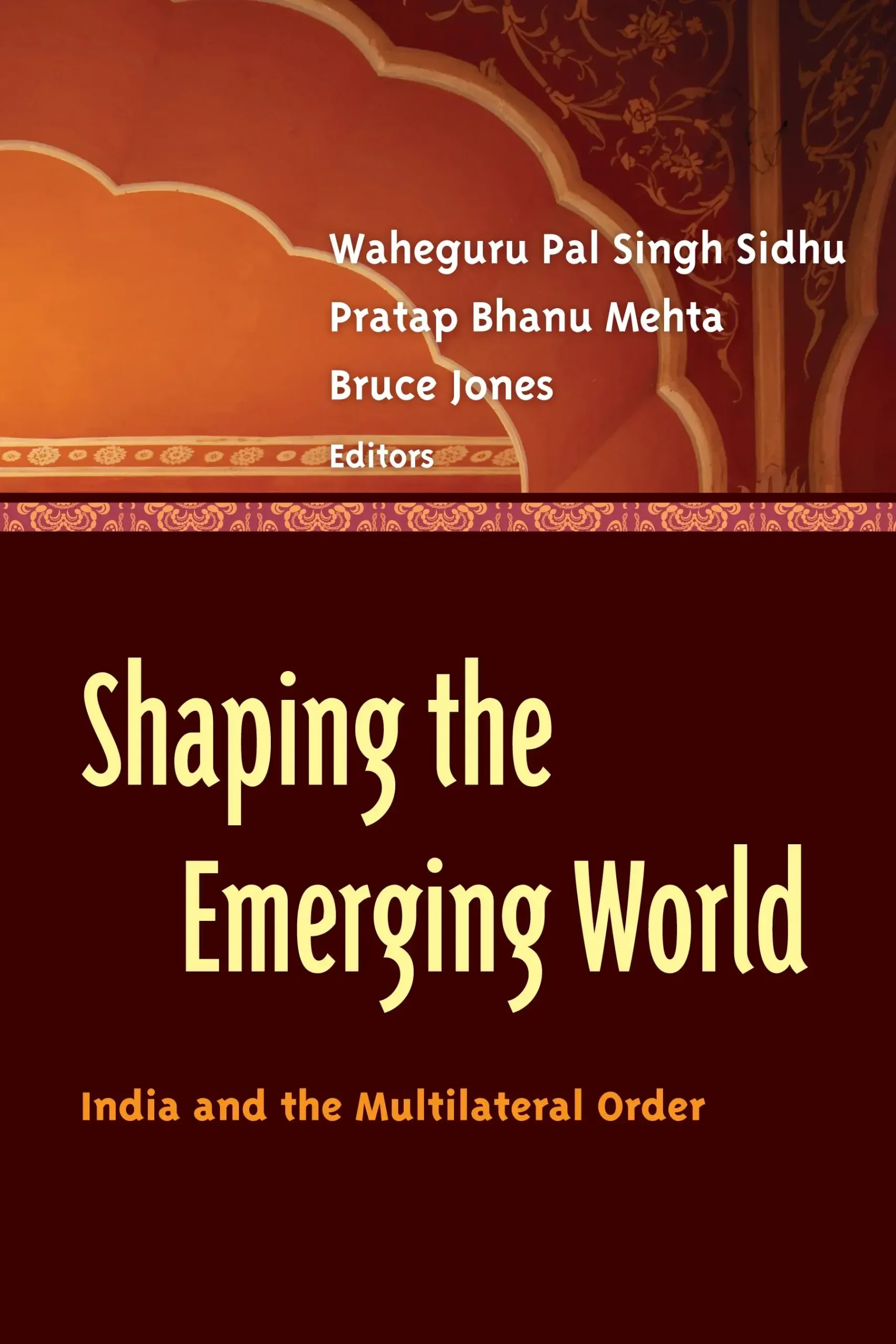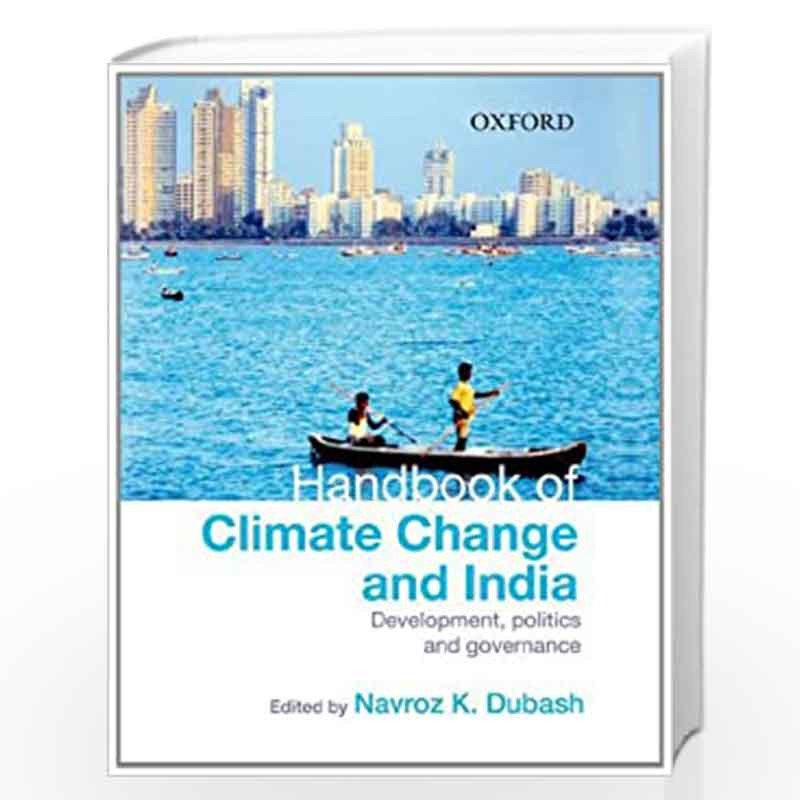Summary
Andhra Pradesh’s experience with electricity reforms and their political ramifications has not only been fascinating a case for political analysts, but also have influenced reform approaches in other states. This chapter in ‘Mapping Power (‘Mapping Power: The Political Economy of Electricity in India’s States’ explores the political economy of AP’s electricity sector transitions over four periods, with the objective to explain the drivers of policy choices and their outcomes. Drawing on the findings, it discusses the transformations in electricity reform strategy over two phases of reforms and analyses the implications of past experiences for ongoing reforms in the sector.
Read more









